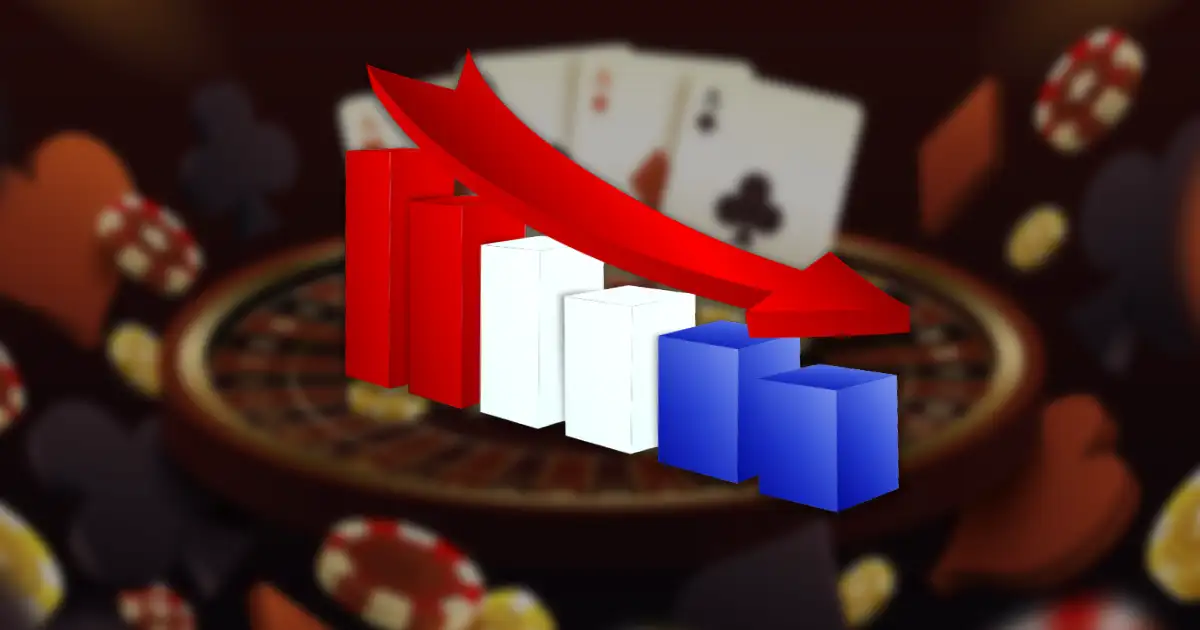Marktscan 2025: turmoil for gaming halls
In 2024, land-based casinos and gaming halls in the Netherlands had a difficult year. According to Marktscan 2025 from the Kansspelautoriteit (Ksa), the Dutch gaming authority, the physical sector continues to decline despite stabilization in the overall market.
Overall stabilization, but a physical decline
Marktscan 2025 reveals that GGR—the difference between bets and winnings—in the legal gaming market in the Netherlands remained stable in 2024 at €4.3 billion, the same level as in 2023. However, on closer inspection, the physical casino segment is suffering: it lost €61 million in GGR in 2024.
In the previous edition of Marktscan, the Ksa estimated that the physical casino market had returned to pre-pandemic levels. This conclusion proved to be premature: the inflation adjustment method was incorrectly applied. Using the correct method, the 2025 balance sheet shows that GGR in 2024 is approximately 27% lower than in 2019.
Despite the weakness of casinos, non-occasional lotteries saw their GGR climb from €2.33 billion to €2.42 billion in one year. They now account for around 34% of the total legalized market (online and offline). This dynamic shows that lotteries, which are deeply rooted in Dutch gaming culture, remain a solid pillar of the physical sector.
A look at Dutch players
Adult Dutch players have slightly increased their annual spending: €298 per person in 2024 compared to €296 in 2023. However, this spending is still well below the European average of €359 per person. Another contrast is that average losses are higher in physical games (€197) than in online games (€101).
Risks, taxes, and the decline of physical venues
Paradoxically, the increase in gambling tax, which came into effect on January 1, 2025, did not have the expected effect. The stated objective was to generate hundreds of millions of euros in additional revenue, but according to the Ksa, revenues will actually be lower than in 2024.
The tax burden combined with the decline in physical GGR is weighing heavily on land-based gaming providers. The Ksa has observed a faster-than-expected erosion of gaming outlets: in the first quarter of 2025, the number of gaming venues fell by 9% compared to the last quarter of 2024.
The story told by Marktscan 2025 is one of a Dutch market in the midst of change. On the one hand, there are stricter regulations—essential for protecting players—but which are hampering the growth of the legal sector. On the other, there is a decline in the physical sector, which is exacerbating the fiscal imbalance, while the increase in gambling tax is not generating the expected revenue.


